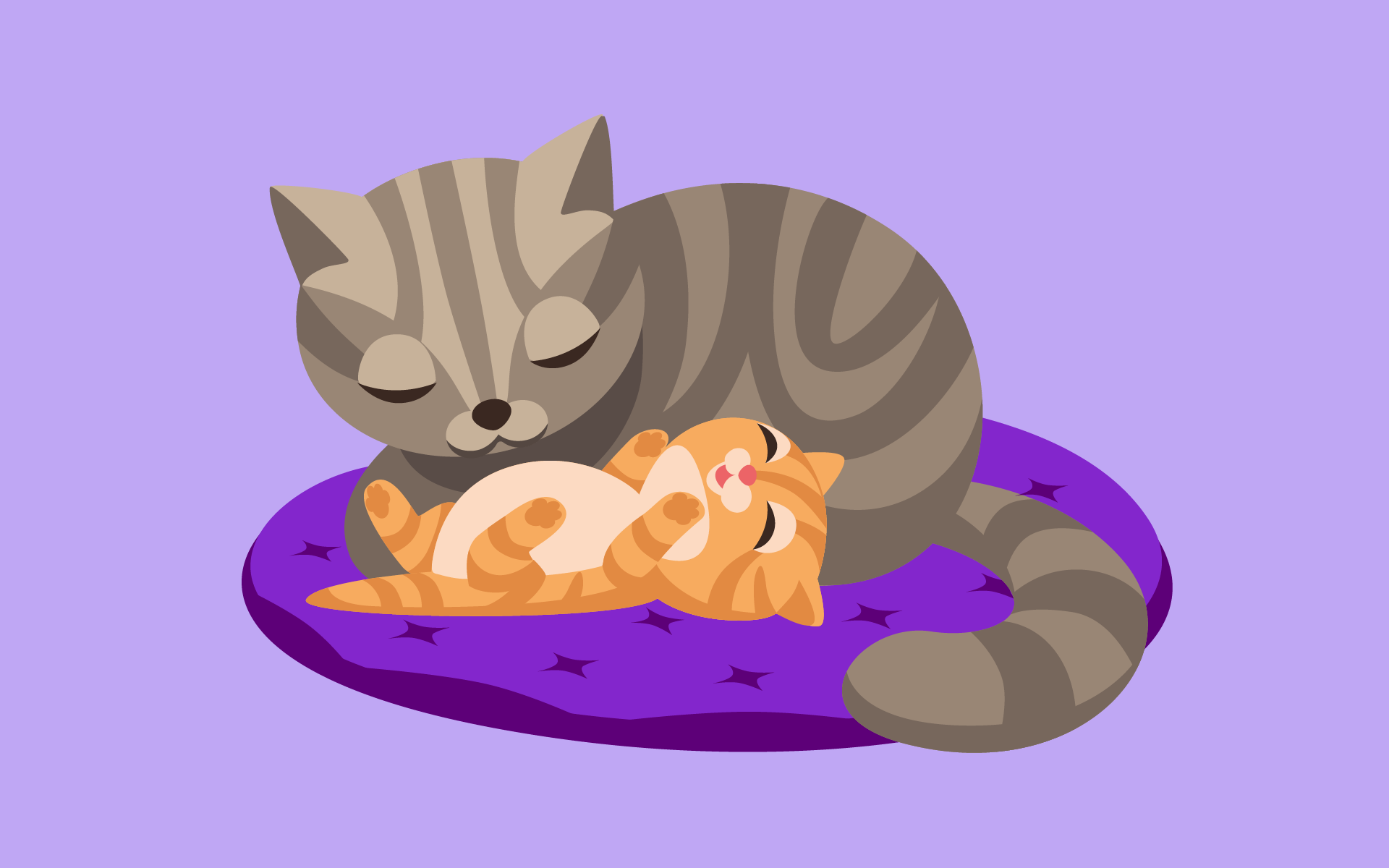What our cats can teach us about being better, smarter humans

Life lessons from Jiva, the former stray, and Mustafa, the freelance prowler.
We all know about the “fight-or-flight” response. It’s the surge of adrenaline that prepares us to run or defend ourselves when we’re under threat. But there’s another response that deserves just as much attention: tend-and-befriend.
The American psychologist, Shelley Taylor, introduced this idea to explain how people, especially women, often deal with stress. Instead of running or fighting, they reach out. They comfort others. They build connection.
This response releases oxytocin, the “love hormone” that helps us feel calmer and more connected.
You see this instinct clearly in animals. In our home, it was a cat named Jiva who taught us this lesson.
Jiva was a stray, nervous and cautious, who appeared one day in our backyard. With patience, gentle attention, and the occasional saucer of milk, we slowly earned her trust.
One day, she chose to give birth to her kittens in our shoe cupboard. That moment felt like a quiet seal of trust.
Our household grew from three humans and two dogs to include Jiva, her kittens, and a part-time visitor named Mustafa, a black cat with a white moustache who drops in when it suits him.
In welcoming these animals, we created a little circle of care, where each member gives and receives comfort in their own way.
What if we could bring this “tend-and-befriend” instinct into our work lives, too? Imagine what teams might look like if people approached each other with the same kind of care.
If we paused to listen, gave space for others to be themselves, and offered support without expecting something in return.
Too often, workplaces are driven by competition or self-protection. But when people feel safe and valued, they’re more likely to speak up, share ideas, and support each other.
That sense of trust doesn’t come from grand strategies. It comes from the small things: checking in, showing up, being kind.
Animals model this beautifully. They don’t play politics or keep score. They respond to care with loyalty and affection. When Jiva brought her kittens inside, it wasn’t because she was trying to perform or impress. It was because she felt safe.
That kind of trust is earned slowly, through consistent care. It’s not about being “authentic” in some buzzwordy sense. It’s about being real. Being there. Paying attention.
When my son watched Jiva caring for her kittens, he was struck by her quiet dedication. She wasn’t trying to live up to some idea of perfect parenting. She was just being present. That’s what care looks like when it’s not filtered through comparison or performance.
We need more of that in our relationships, at home, at work, everywhere. We need to see each other, really see each other, without the masks.
Because when people feel truly seen, they bring more of themselves – not just their skills, but their instincts, their creativity, their warmth.
Even in moments of stress, our pets remind us what matters. They don’t offer advice or solutions. They sit beside us. They stay close. They remind us that presence alone can be healing.
Before your next big meeting or group decision, consider this: what if you started by making sure everyone felt heard? What if connection came before planning? What if kindness wasn’t a “nice extra” but the foundation?
In a world that often feels loud and divided, this quiet wisdom matters. If we can learn from our animal companions to be steady, kind, and present, we might find ourselves building communities that are more resilient, more trusting, and more human.
After all, Jiva and Mustafa didn’t need a strategy document. They just needed kindness and space. Maybe that’s all we need, too.




